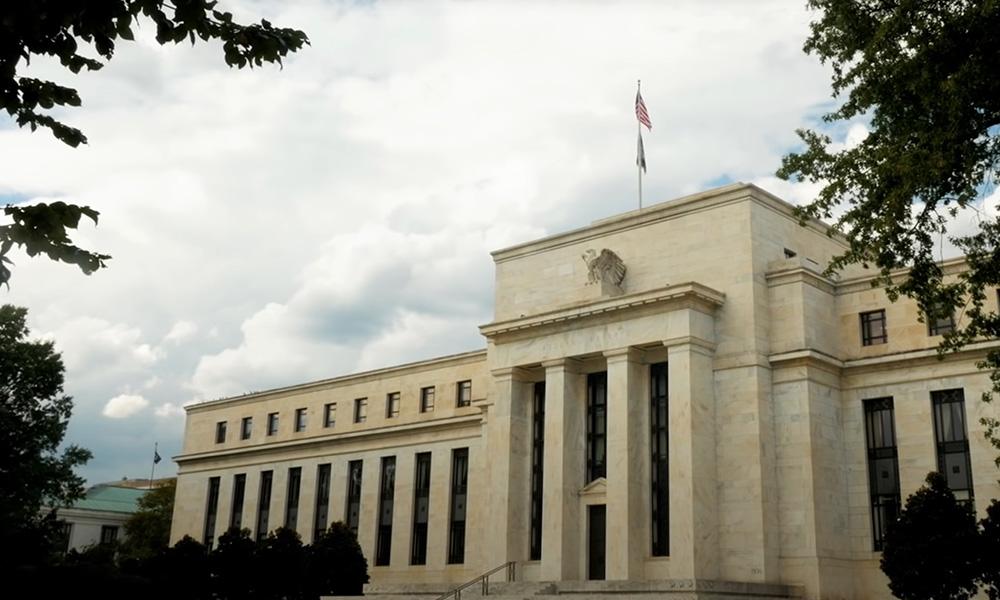Bessant said the new Fed chair should be someone who can review the entire organization.
2025-08-11 11:03:34
Asked in an interview with Nikkei what qualities a new Fed chair should possess, Bensent said: " This person must have confidence in the market and the ability to analyze complex economic data. "

“I think it’s also someone who wants to be very comfortable with forward-thinking and not relying on historical data, ” he said in the interview, conducted Aug. 7 in Washington.
A source familiar with the matter said Bensoner is leading the search for a successor to Federal Reserve Chairman Jerome Powell, expanding the list to include a longtime economic adviser and a former regional Fed president.
Asked about President Trump's calls for the Federal Reserve to cut interest rates, Bessant said that while Trump has expressed his views, "ultimately, the Federal Reserve is independent."
On the issue of exchange rates, Bessant said that the US government's definition of a strong dollar does not refer to the price on the screen, which is determined by the market and refers to the relative price of the US dollar against other currencies.
He said: " A strong dollar policy is a policy that continues to maintain the dollar as a reserve currency. If we have good economic policies, then the dollar will naturally be strong. "
Bessant, who oversaw currency discussions with Japan along with his foreign minister, said in a May meeting during the G7 summit that the two agreed the dollar-yen exchange rate at the time reflected fundamentals.
In its June exchange rate report to Congress, the U.S. Treasury said the Bank of Japan should continue to tighten monetary policy, which would support the "normalization of yen weakness."
“I believe that as long as the Bank of Japan focuses on economic fundamentals, inflation and economic growth, the yen will take care of itself,” Bessant said. “Therefore, I believe that Bank of Japan Governor Kazuo Ueda and the board of governors are targeting inflationary outcomes, not monetary outcomes.”
The Bank of Japan exited its massive, decade-long stimulus program last year and raised short-term interest rates to 0.5% in January as it believed Japan was close to hitting its 2% inflation target on a sustainable basis.
But the Bank of Japan has stressed the need for caution in further rate hikes, and some analysts believe the slow pace of rate hikes is a factor in keeping the yen low against other currencies.
While inflation has remained above the Bank of Japan's 2% target for more than three years, Ueda called for a careful study of the potential impact of U.S. tariffs on Japan's fragile economy.
- Risk Warning and Disclaimer
- The market involves risk, and trading may not be suitable for all investors. This article is for reference only and does not constitute personal investment advice, nor does it take into account certain users’ specific investment objectives, financial situation, or other needs. Any investment decisions made based on this information are at your own risk.





















